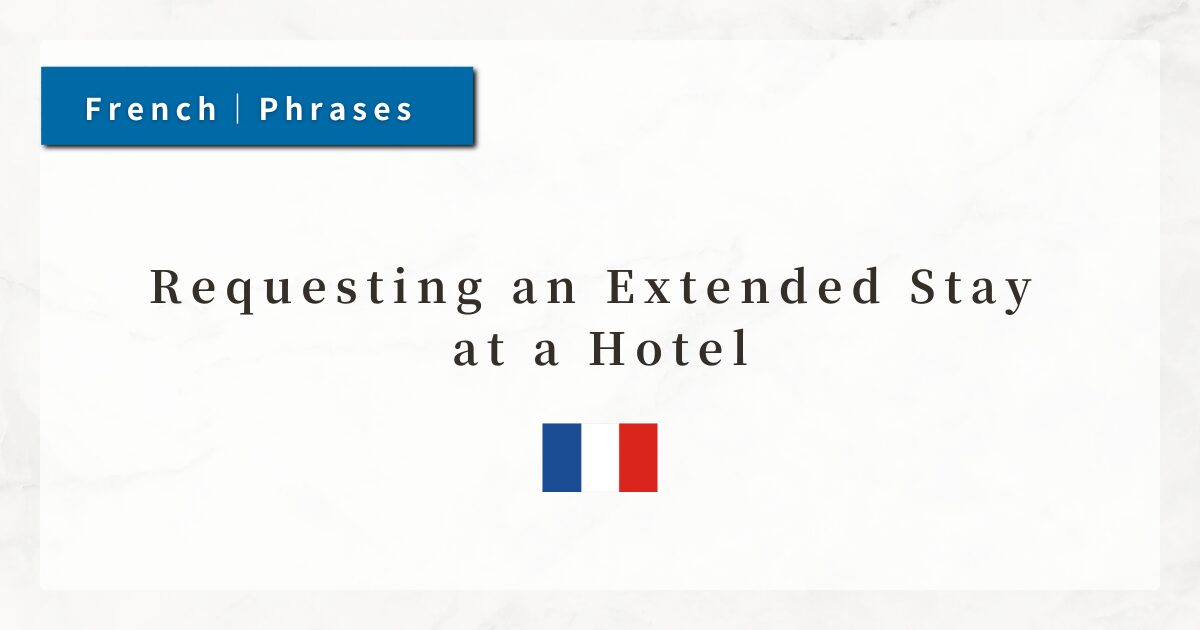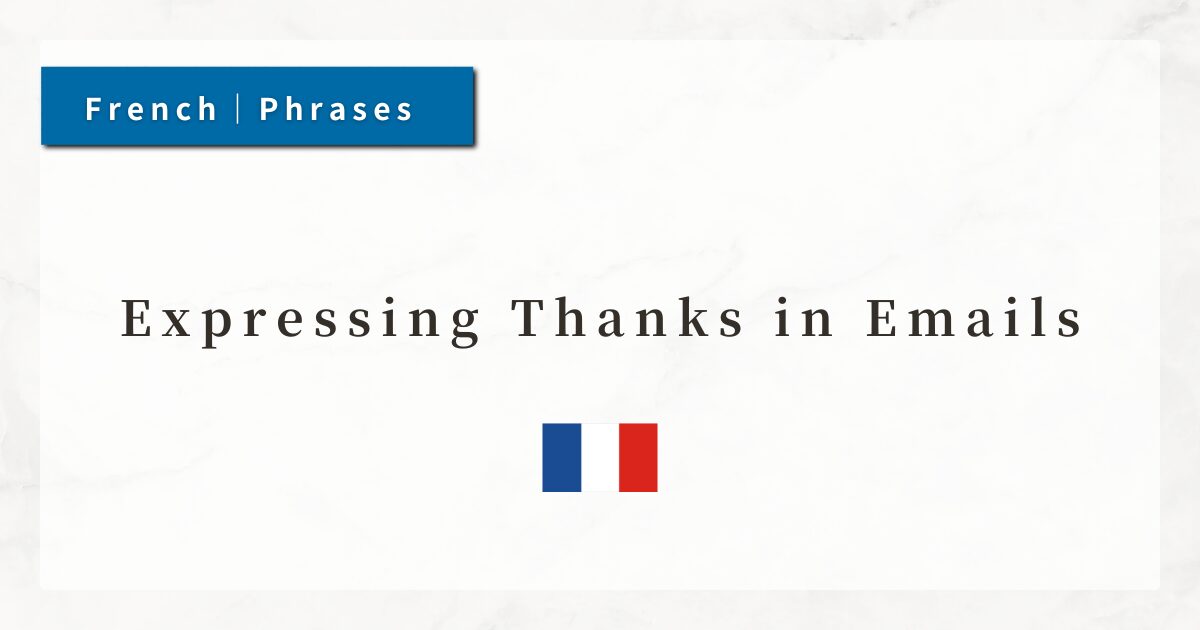#98 Asking About Trekking Trails|French Travel Phrases

When visiting mountainous regions in France or other French-speaking areas, you may find yourself asking for recommended trekking routes at local tourist offices or visitor centers.
Travelers often want to know a wide range of details—trail difficulty, required time, items to bring, and weather precautions. Being able to ask these questions in French will make your experience much smoother.
In this lesson, I introduce useful French expressions for asking about trekking trails, along with natural conversation examples.
会話例

Bonjour, je voudrais des informations sur les sentiers de randonnée.
(Hello. I’d like some information about the trekking trails.)

Bien sûr. Préférez-vous un parcours facile ou un itinéraire plus long ?
(Of course. Do you prefer an easy course or a longer route?)

Plutôt un parcours facile, s’il vous plaît.
(Preferably an easy one, please.)

Dans ce cas, je vous recommande le sentier du lac. Il dure environ deux heures.
(In that case, I recommend the lake trail. It takes about two hours.)

Est-ce que le chemin est bien indiqué ?
(Is the path clearly marked?)

Oui, il y a des panneaux tout au long du parcours.
(Yes, there are signs throughout the course.)

Faut-il apporter quelque chose de particulier ?
(Is there anything specific I should bring?)

De l’eau et une veste coupe-vent sont recommandées.
(Water and a windbreaker are recommended.)

Merci beaucoup. Je vais essayer ce parcours.
(Thank you very much. I’ll try this route.)
1. Asking for Information About the Trail
When speaking with staff at a visitor center, clearly expressing what you want to know is the first step.
- Je voudrais des informations sur les sentiers de randonnée.
(I’d like some information about the trekking trails.)
“des informations sur ~” means “information about ~,” and “sentier de randonnée refers” to a trekking or hiking trail.
If you want to specify the difficulty level from the beginning, use:
- Je cherche un parcours facile.
(I’m looking for an easy course.)
Presenting your preferred difficulty in advance makes it easier for staff to guide you.
2. Confirming Difficulty, Distance, and Duration
Trail options vary widely—from short and easy family walks to challenging mountain routes for experienced hikers. Confirming the difficulty is essential for safety.
- Préférez-vous un parcours facile ou un itinéraire plus long ?
(Do you prefer an easy course or a longer route?)
Here, the distinction between parcours and itinéraire is useful:
- parcours
→ a short or light course (e.g., easy hikes) - itinéraire
→ a longer or more demanding route (e.g., mountain treks)
To confirm how long the trail takes:
- Il dure environ deux heures.
(It takes about two hours.)
In tourist guidance, environ (“about”) is frequently used when indicating time.
3. Checking Trail Markings and Safety
In mountain areas, it’s important to know whether the trail has clear signage and whether it’s easy to follow.
- Est-ce que le chemin est bien indiqué ?
(Is the path clearly marked?)
“Bien indiqué” means that the route is well signposted or easy to follow.
- Il y a des panneaux tout au long du parcours.
(There are signs throughout the course.)
The word panneaux (signs/markers) appears frequently in nature parks and conservation areas.
4. Asking About Necessary Items and Gear
Mountain weather can change quickly, and temperatures may drop even in summer. It’s important to ask about essential items beforehand.
- Faut-il apporter quelque chose de particulier ?
(Is there anything specific I should bring?)
Common items recommended in such situations include:
- de l’eau → water
- une veste coupe-vent → a windbreaker
- de bonnes chaussures → sturdy shoes
- de la crème solaire → sunscreen
Summary
- Je voudrais des informations sur …
→ Basic expression for requesting guidance. - Je cherche un parcours facile / un itinéraire plus long.
→ Useful for stating preferred difficulty or distance. - Il dure environ … heures.
→ Essential for confirming the approximate duration. - Le chemin est-il bien indiqué ?
→ Expression for checking trail signage. - Faut-il apporter quelque chose ? / Je vais essayer ce parcours.
→ For asking about necessary items and responding naturally when choosing a course.




